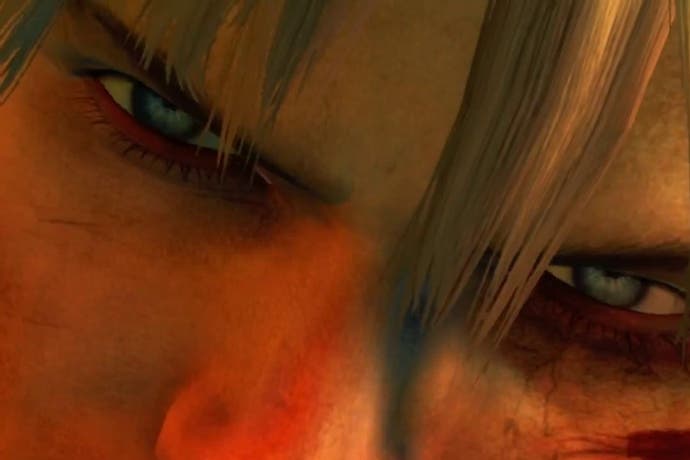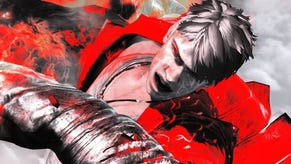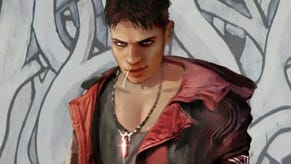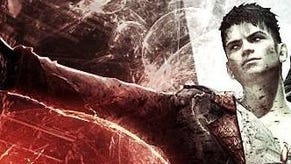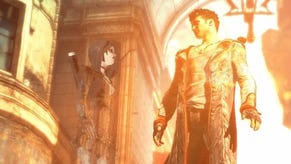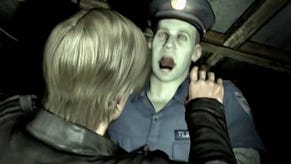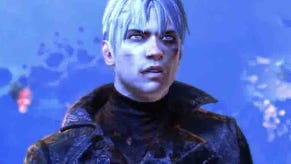DmC: Vergil's Downfall review
Better the devil you know.
Spare a thought for the video game brother, forever cast in the shadows. Nintendo's placing the spotlight on the lesser sibling of its star duo this year, so DmC's first substantial DLC that puts Dante's brother Vergil on centre stage feels like it's part of a curious trend. Vergil's Downfall is a substantial if not entirely satisfying single-player add-on, retaining so much that made Ninja Theory's reboot a success while never really building on it in an engaging way.
Set immediately after the events of DmC (you'd be well advised to complete the main campaign before heading in to the DLC, and likewise you'd be well advised to not read much further on in this review if you'd rather the story remained unspoiled), Vergil's Downfall follows Dante's brother as he's cast into the underworld, and as he works his way through the twisting landscapes of hell.
It's a more surreal backdrop than that of Dante's tale, the link to reality cut loose as levels are constructed of floating walkways and gothic architecture hanging free in the purple skies. Vergil's tale - which is as engaging as that of the main campaign, as in not very at all, with the series' camp theatrics clashing with some straight-faced mugging - is told through scruffy animations that book-end each of the six new chapters.
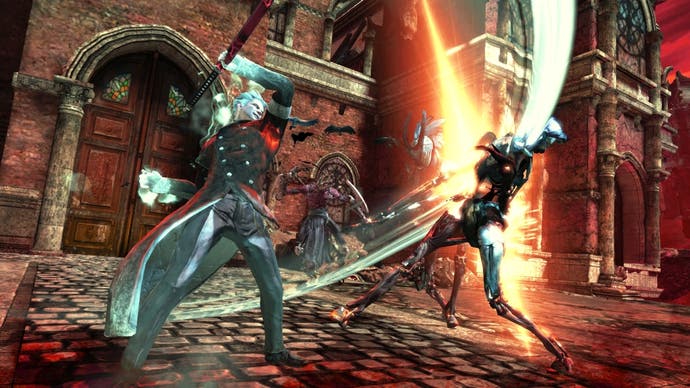
So it's a distinct little slice of action, with its own distinct star in Vergil, a brawler with a markedly different style to that of his brother. At the start of Vergil's downfall his skill-set is stripped away, meaning that over the two to three hours it takes to complete the handful of episodes there's an accelerated sense of progression as more and more moves are unlocked.
Much of what makes Vergil's Downfall a pleasure to play is that which made Dante's own tale a bit of a delight - there's the same flowing, crunchy combat, the same style and swagger and the same taste for action that's tight and cinematic. The problem is, as DmC's mainline story rightly suggested, Vergil's not quite the measure of Dante, and he's a markedly less engaging tool to wield.
Much of that's down to a move-set that's relatively limited. Vergil boasts just one melee weapon, the katana-like Yamato weapon, and one ranged weapon in the shape of a summoned sword that can be flung at enemies. There are different move-sets offered up by deploying the angel or devil triggers, but it's a far cry from the overwhelming breadth that's offered up by DmC end-game's Dante.
Which is fair enough given the understandably limited scope of Vergil's Downfall, but even though the fundamentals are commendably different, they're never quite as satisfying as those found in the main game. In place of an evade Vergil's main form of defence is instead a teleport that blinks him in and out of a stage, and there's a staccato rhythm to Vergil's attacks, with combos stop/starting and then, for the slightly more clumsy fingered fighters like me, just stopping altogether.
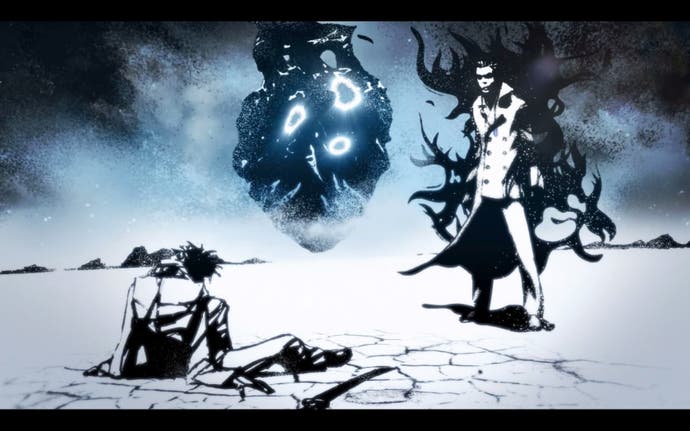
Vergil's Downfall's more complex rhythm makes it noticeably hard to master, with S and SSS rankings now becoming unobtainable to all but the most talented of button-wranglers. It's all a matter of timing, which is fair enough, though there are some elements of the DLC that are resolutely less fun than what they build upon. The platforming sections, a slight and only mildly annoying diversion in DmC, have here been expanded upon to become even more infuriating, with a series of sections built around precision timing asking for the kind of agility that Vergil sadly lacks.
Still, you can't accuse Vergil's Downfall of being more of the same, and Ninja Theory should be commended for offering up a punchy side dish with action that boasts its own distinct flavour. Whether you'd rather just return for a second helping of the main course is really just a matter of taste, though it's still hard to not walk away thinking that Vergil's a fighter who's condemned to stay in Dante's shadow.
